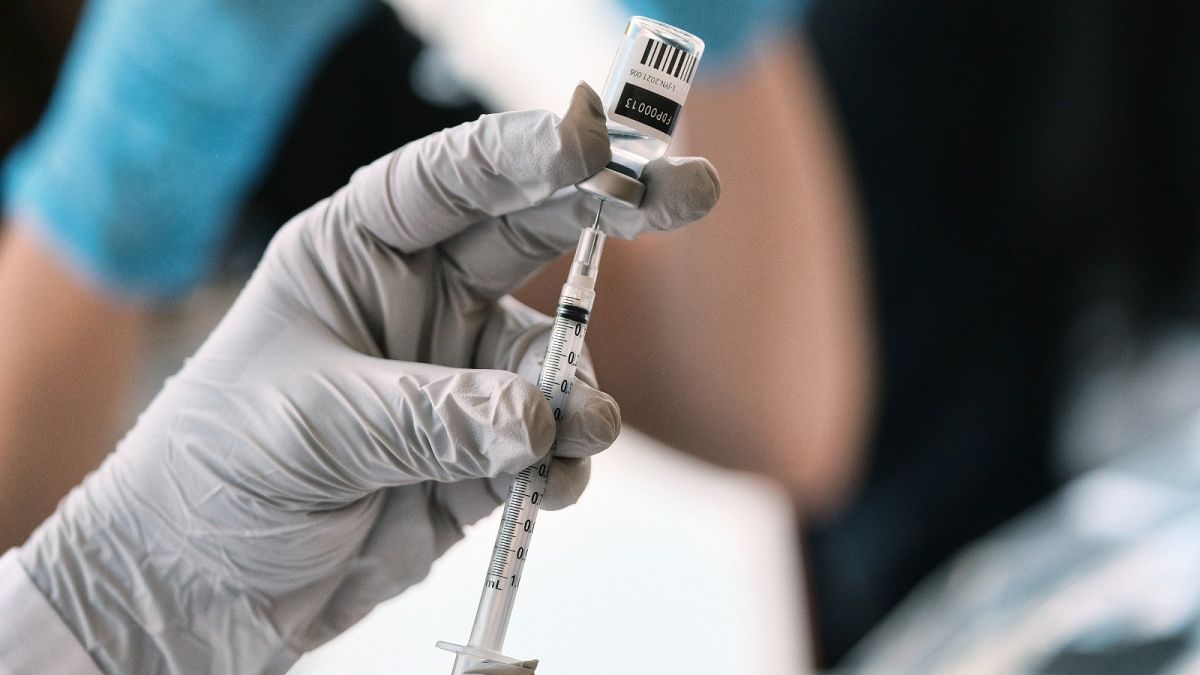There are "encouraging early signs" that the monkeypox outbreak is slowing, according to the World Health Organization's regional office for Europe.
Sustained human-to-human transmission of monkeypox can be eliminated in Europe, according to the World Health Organization (WHO).
The WHO's regional director for Europe, Dr Hans Kluge, said at a briefing that there are "encouraging early signs" that the outbreak has been slowing.
More than 22,000 cases have been recorded in 43 countries in the organisation's European region, accounting for more than a third of the global number of infections. The region includes Russia and countries in Central Asia.
Last week, the WHO reported a 21% reduction in new cases worldwide after four consecutive weeks of increases.
"There are encouraging early signs, as evidenced in France, Germany, Portugal, Spain, the United Kingdom, and other countries, that the outbreak may be slowing," Kluge said.
"To move towards elimination in our region, we need to urgently step up our efforts," he added.
"Yet we believe we can eliminate sustained human-to-human transmission of monkeypox in the region if we commit to doing so and put the needed resources towards that end."
The organisation recommends maintaining surveillance measures, targeted vaccination, and identifying contact cases.
They also recommend engaging with the male homosexual community among whom the virus has mainly circulated in order to foster "an environment free of stigma and discrimination".
Kluge cited the example of Portugal, where "in the absence of a full-fledged vaccination campaign, we managed to curb the increase in the number of cases through behavioural change and engagement with communities".
